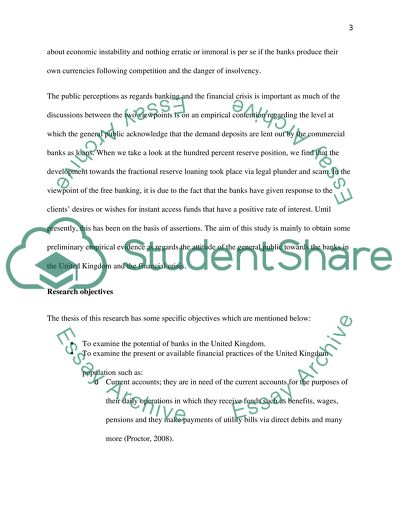Cite this document
(“Attitudes of THE UK population towards the banks and the banking Essay”, n.d.)
Attitudes of THE UK population towards the banks and the banking Essay. Retrieved from https://studentshare.org/marketing/1474363-attitudes-of-the-uk-population-towards-the-banks
Attitudes of THE UK population towards the banks and the banking Essay. Retrieved from https://studentshare.org/marketing/1474363-attitudes-of-the-uk-population-towards-the-banks
(Attitudes of THE UK Population towards the Banks and the Banking Essay)
Attitudes of THE UK Population towards the Banks and the Banking Essay. https://studentshare.org/marketing/1474363-attitudes-of-the-uk-population-towards-the-banks.
Attitudes of THE UK Population towards the Banks and the Banking Essay. https://studentshare.org/marketing/1474363-attitudes-of-the-uk-population-towards-the-banks.
“Attitudes of THE UK Population towards the Banks and the Banking Essay”, n.d. https://studentshare.org/marketing/1474363-attitudes-of-the-uk-population-towards-the-banks.


